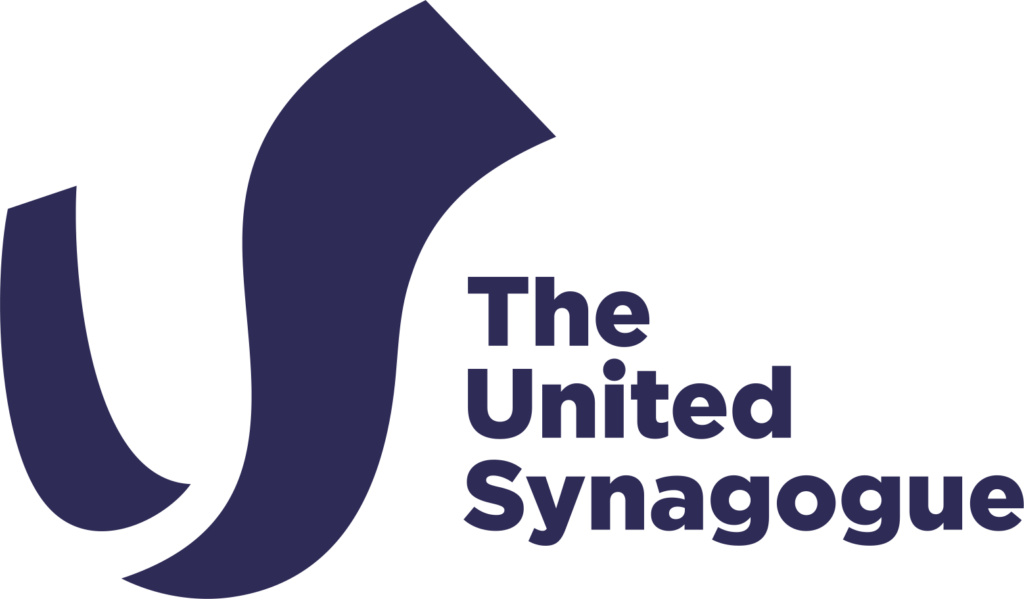Moshe told the nation to “see” that they have the choice between “a blessing and a curse”, which will be determined by whether or not they listen to God’s commandments. After entering the Land, the nation will come to Mount Gerizim and to Mount Eival, where various blessings and curses (respectively) will be pronounced in the presence of the entire nation (see Devarim 21:11-26). Moshe instructed the Israelites to destroy the idols and altars that they will find in the Land.
Moshe related the prohibition to erect and offer sacrifices on private altars. However, one may slaughter and eat kosher meat anywhere that one desires, though it is prohibited to consume the blood. Keeping to the general directives that Moshe outlined will guarantee prosperity for generations to come.
When the Israelites come into the Land, they must resist following the idolatrous practices of the Cana’anites. One is not allowed to add to nor subtract from any mitzvah, such as taking five (instead of four) species on Succot. A false prophet who tries to turn the nation away from God should be rejected and is subject to capital punishment. The same applies to someone who tries secretly to entice others to worship idols. Moshe detailed the severe punishment for a city whose inhabitants turn to idolatry.
Some of the laws of kashrut are listed. Only an animal with completely split hooves and which chews the cud is kosher. Therefore, animals like the camel and pig, which have only one of these characteristics, are forbidden. Fish are only kosher if they have both fins and scales. The Torah lists forbidden birds by name. It is prohibited to mix meat and milk.
There is a mitzvah to tithe produce grown in the Land of Israel, including ma’aser sheni, the ‘second tithe’, which is taken to Jerusalem to eat. However, one who is unable to carry the produce can redeem its value, add an extra fifth, then take the money to Jerusalem to purchase and consume food there.
Every seventh year is shemita (the sabbatical year), whose agricultural laws were detailed in Parashat Behar (Vayikra 25:1-24). Existing loans are cancelled, yet the Torah warns against withholding a loan from a pauper before the shemita year out of fear that it will not be paid back in time. A Jewish servant works for six years, after which he can go free. When he leaves, his master must give him significant farewell gifts.
One is not allowed to work a first born male animal from the flock or herd; rather it must be brought as an offering and its meat then consumed by its owner. The nation is to celebrate Pesach in the ‘spring month’. Some laws of the festival and the special Pesach offering are listed. Shavuot comes after the seven-week counting of the Omer. Succot is celebrated at the time of year when crops are gathered in from the threshing floors and vineyards. On each of these three festivals, one has to bring special festive offerings to the Temple.

